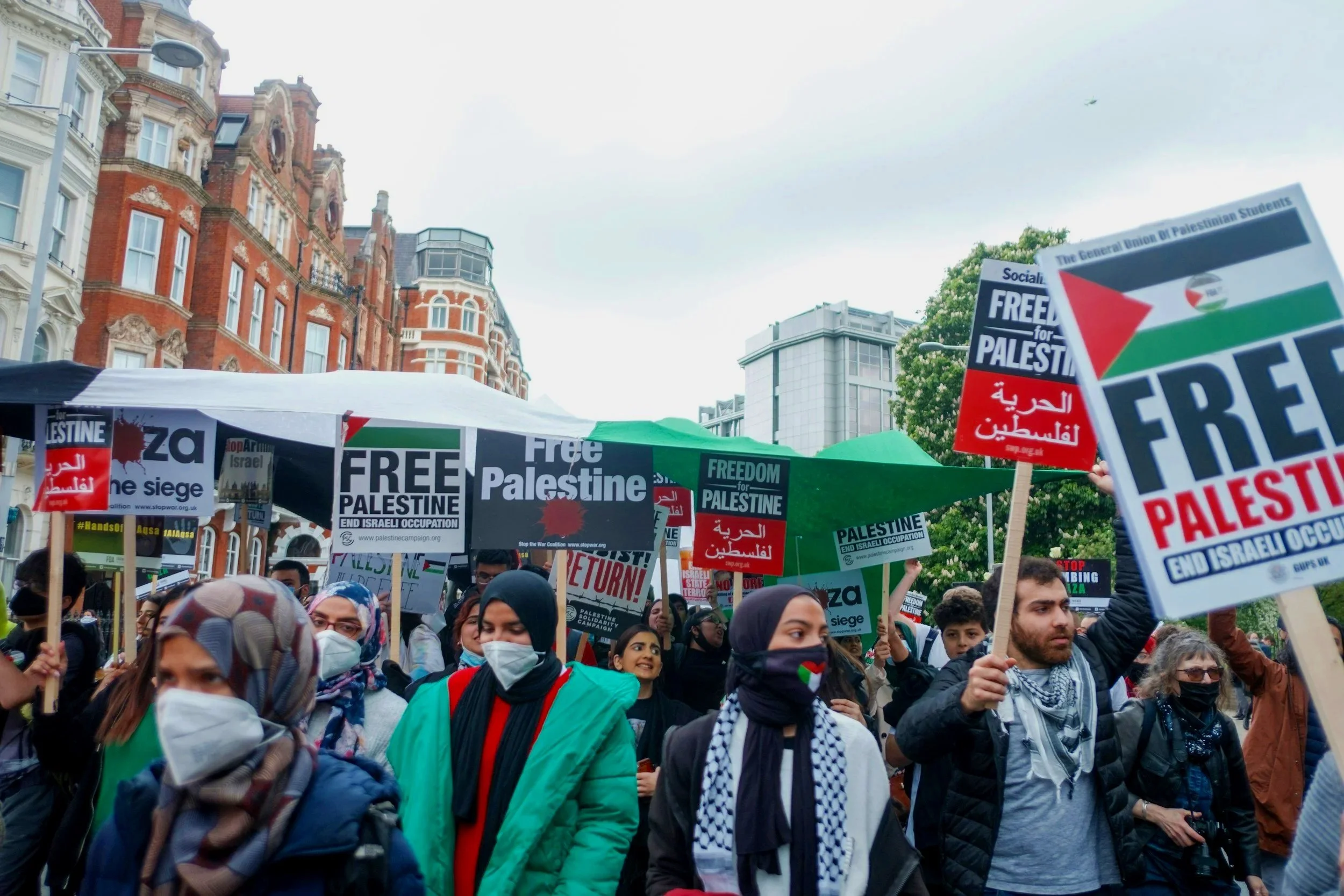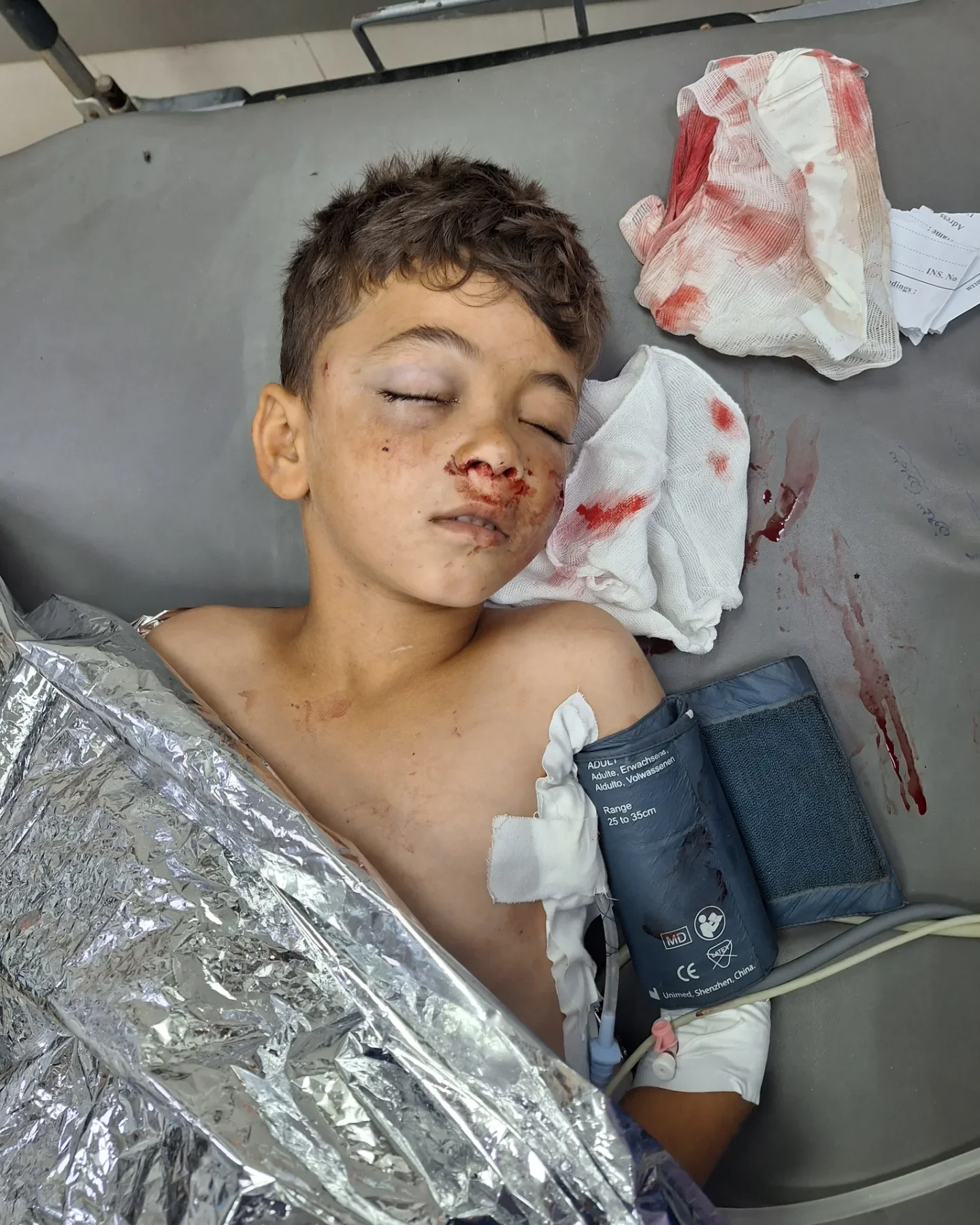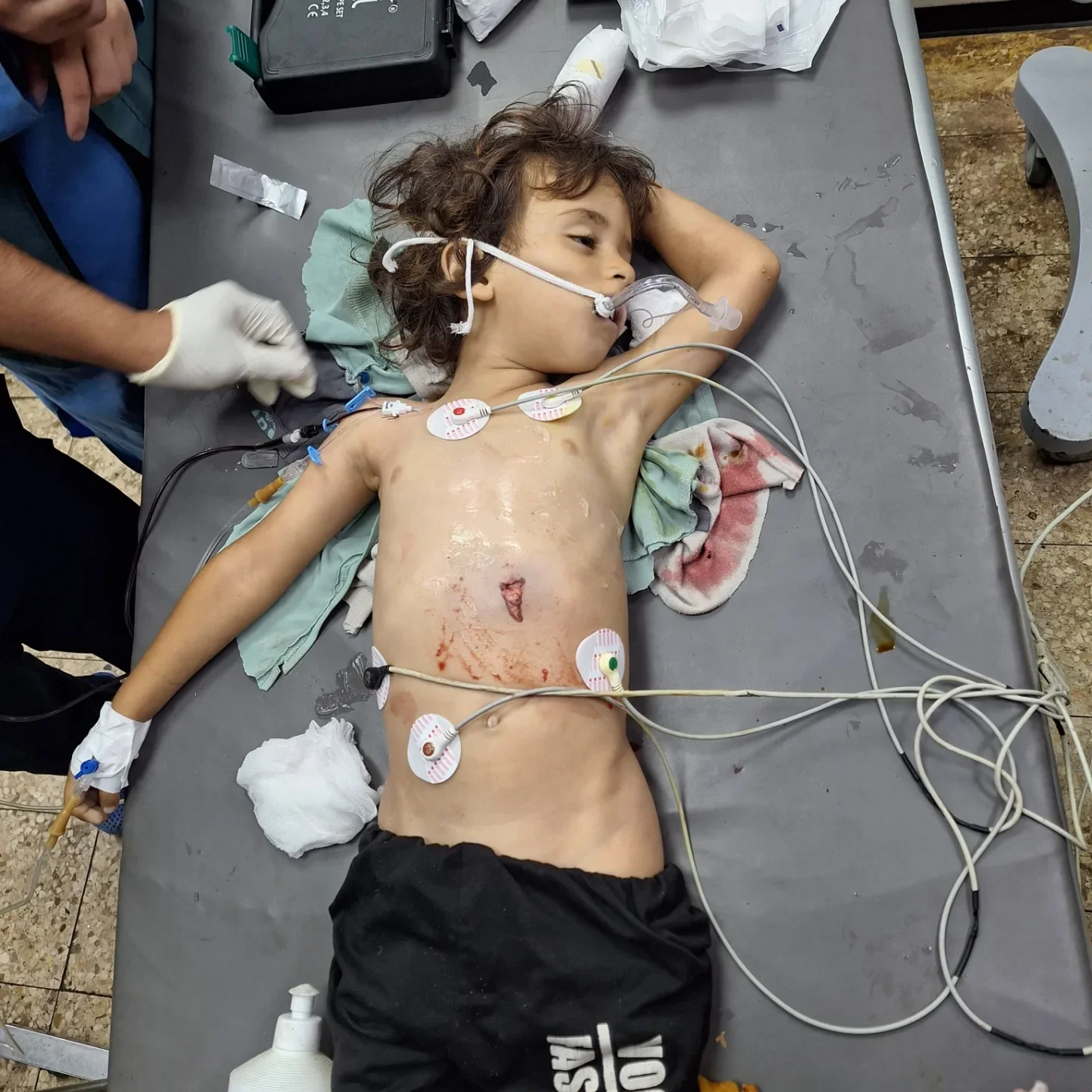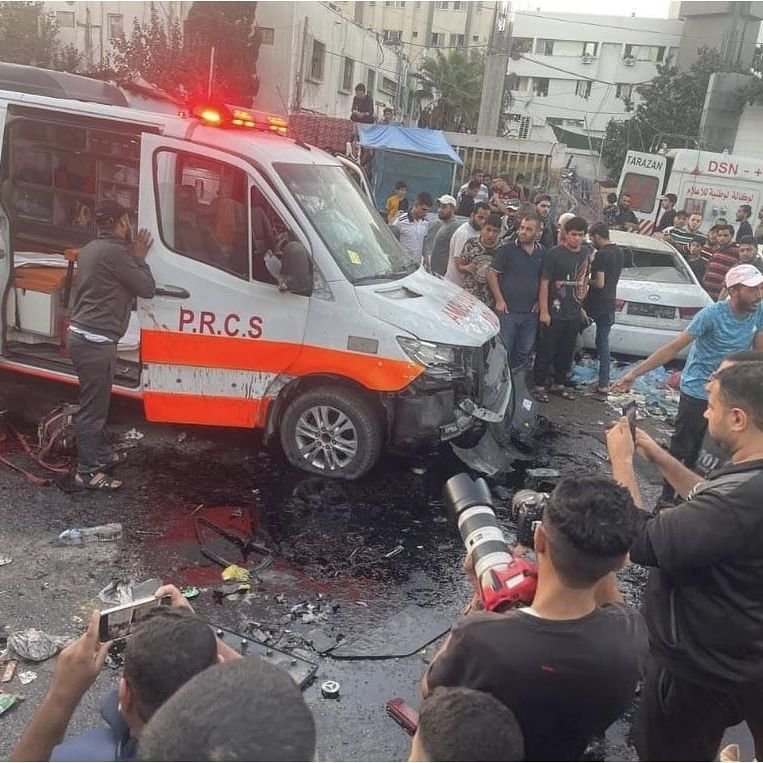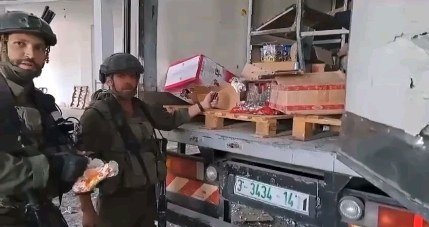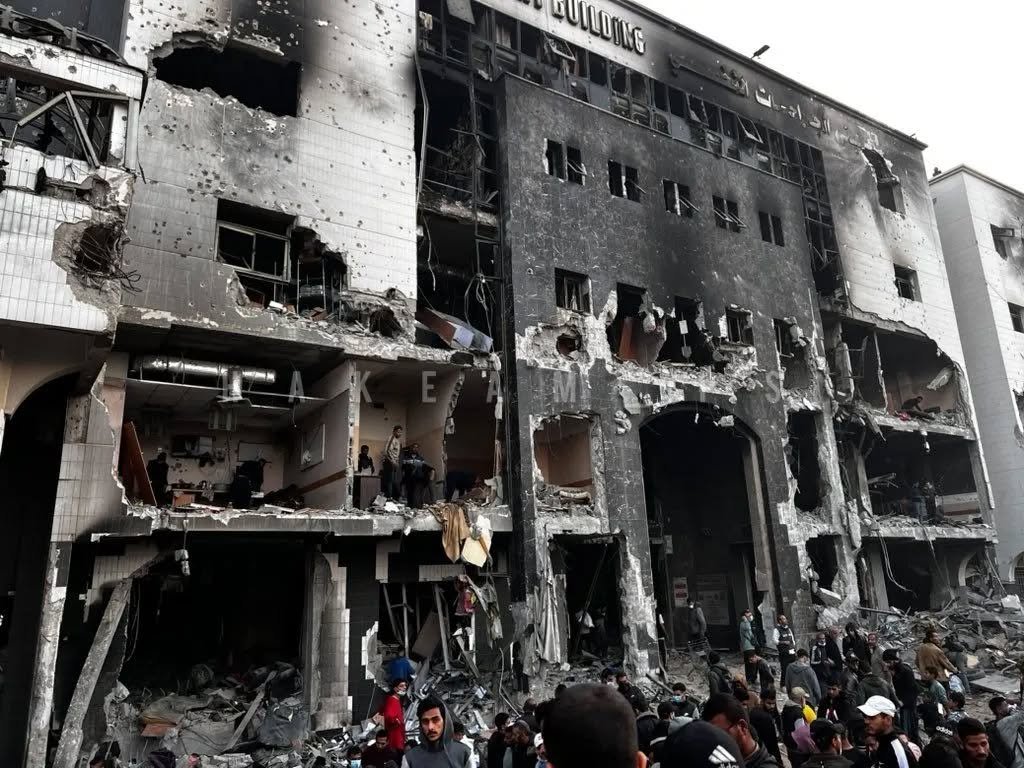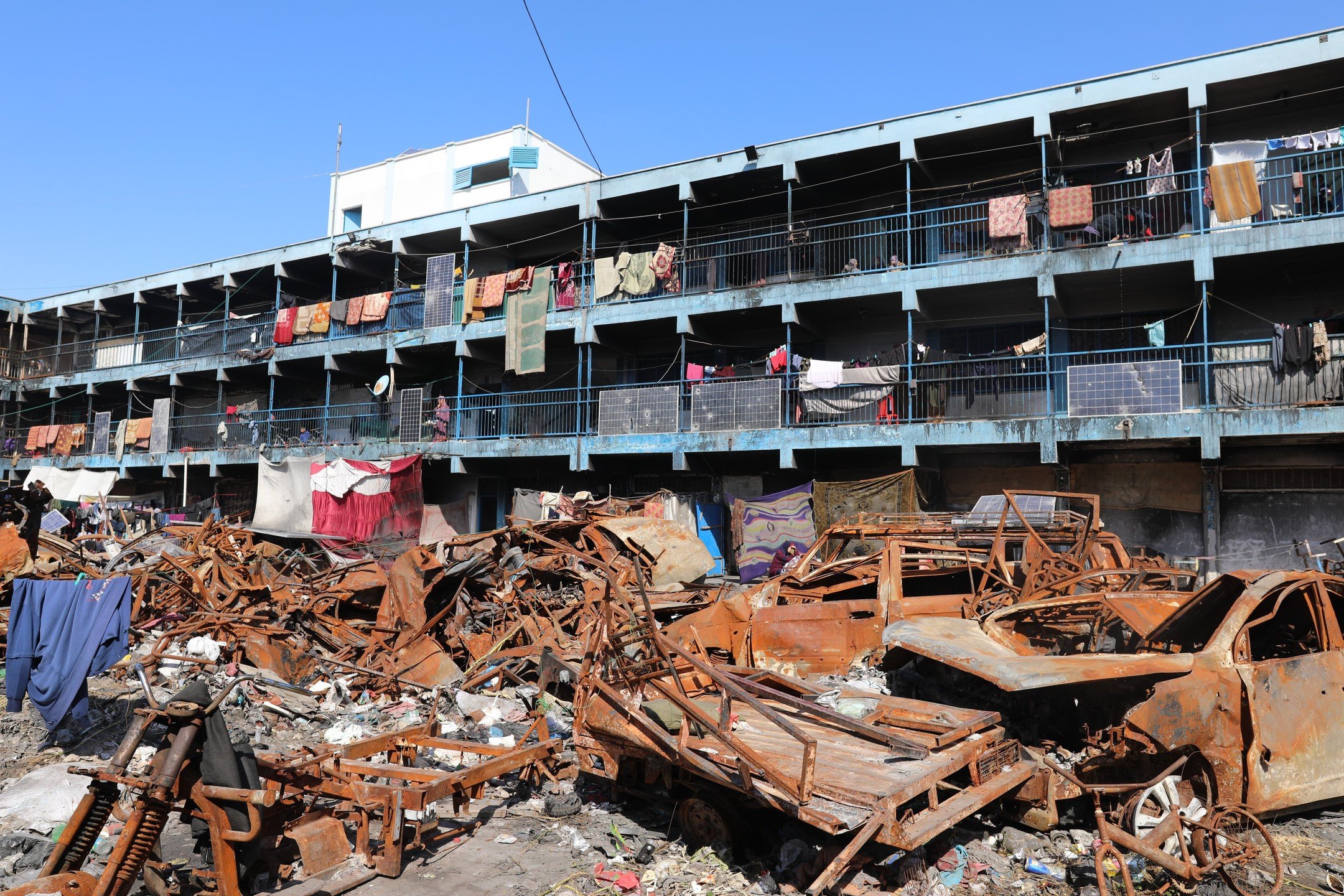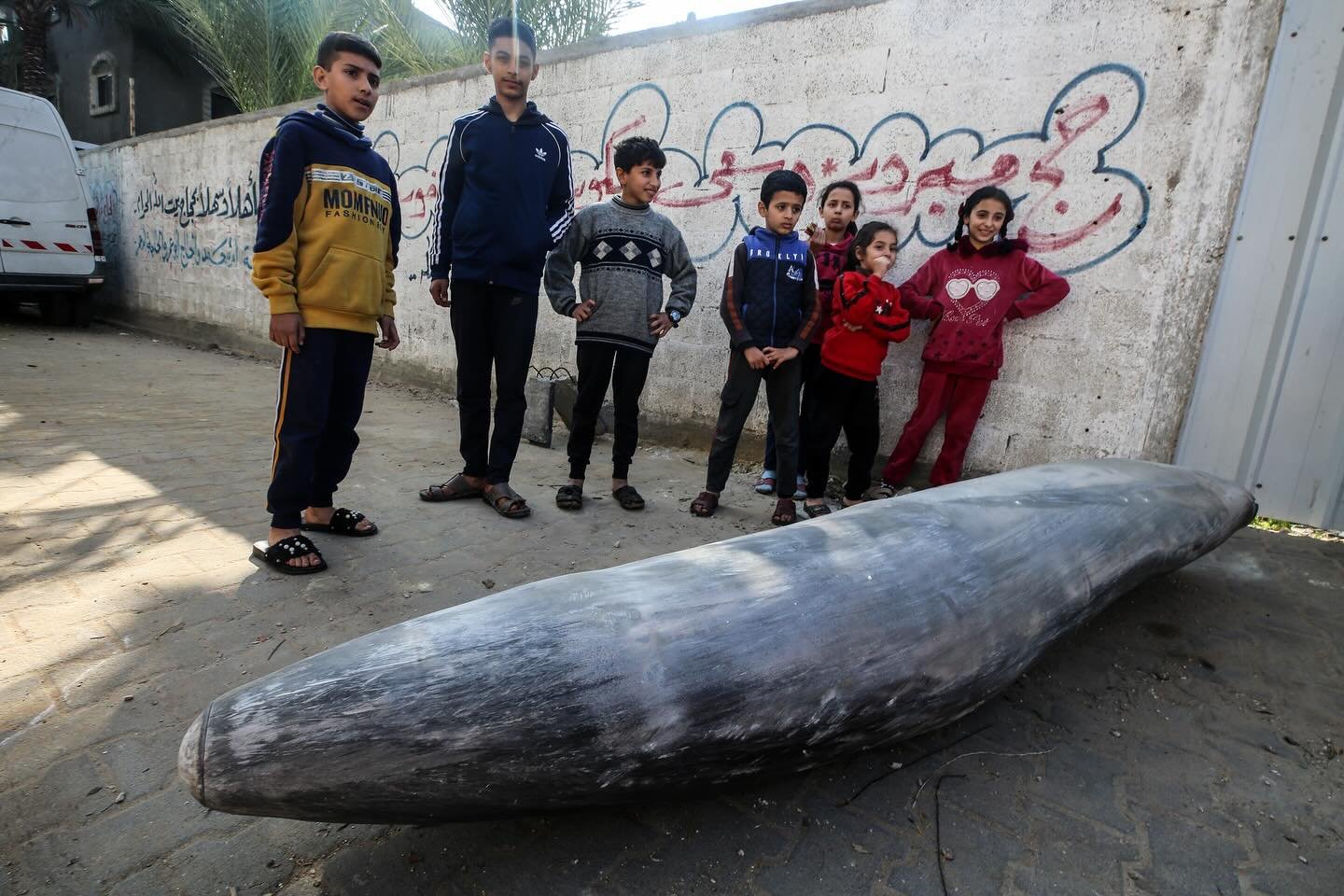What we do
Sarkha Project is dedicated to uncovering and documenting Israel’s post October 7th 2023 war crimes against Palestinians in Gaza and the West Bank. Through meticulous collection, verification, and analysis of open-source evidence, our organization aims to expose the crimes committed against Palestinians. By leveraging open source information, organizations like Sarkha Project can document and validate incidents of war crimes, ensuring that accounts of abuses are substantiated and individuals prosecuted by international and domestic courts.
Gaza’S death toll 68,800
As of July of 2025, the death toll in Gaza has reached alarming levels, with thousands of lives lost due to sustained military actions by Israel and ongoing conflicts. Civilian casualties continue to mount, making it increasingly difficult for families to find safety amidst the chaos. Humanitarian conditions worsen daily as critical infrastructure, including hospitals and schools, is severely damaged, exacerbating the plight of Palestinians in Gaza and. the West Bank.
In 2025, Israel's aid blockade on Gaza has intensified, exacerbating an already dire humanitarian crisis as starvation and malnutrition sweep through the region. The restrictions on essential goods, including food and medical supplies, have led to widespread food insecurity, leaving a significant portion of the population unable to meet their basic nutritional needs. Reports indicate a staggering increase in cases of stunting and wasting among children, while adults face deteriorating health conditions due to inadequate access to vital resources. This blockade not only violates international humanitarian law but also reflects the broader implications of displacement and conflict, perpetuating the cycle of suffering for the Palestinian people.
OVER 20,000 CHILDREN KILLED
volunteer with us
In a world where silence is complicity, your action is power. The Sarkha Project is built by those who refuse to look away. Lend your skills, your heart, your time — and help document truth, preserve memory, and honor resilience.
Israel’s War Crimes
Torture
See the evidence of Israel’s systematic torture campaign against Palestinian civilians in Gaza and the West Bank
hind rajab execution
See evidence of the execution of Palestinian child Hind Rajab and her family members whilst evacuating in their family car.
mass destruction
See the evidence of mass destruction and total devastation of critical infrastructure due to Israel’s round the clock indescrimanant bombing of Gaza
ambulance attacks
See evidence of the Israeli military targeting ambulances, ambulance centers, paramedics and their medical patients
blocking aid
See the evidence of Israel’s soldiers and settlers destroying and blocking life saving food and aid for Palestinians in Gaza
See the evidence of mass destruction and total devastation of critical infrastructure due to Israel’s round the clock indescrimanant bombing of Gaza
starvation
See the evidence of Starvation in Gaza due to Israel’s continuing aid blockade and killing of food aid workers
attacks on healthcare
See the evidence of Israeli military attacks hospitals in Gaza and the healthcare system
school bombings
See the evidence of targeted Israeli attakcs on schools in Gaza
weapons
See the evidence of the weapons Israel uses to bomb civilians homes and infrastructure in Gaza

With Deep Appreciation
The courageous work of journalists in Gaza and the West Bank is nothing short of heroic. They risk their lives daily, documenting their own genocide and suffering, and in doing so, they ensure that the world's eyes are opened to the unimaginable realities they face. Through their efforts, we learn of the profound loss endured, with countless family members and colleagues falling victim to violence. Their selfless sacrifices contribute to the global movement for Palestine’s freedom and embody an unwavering commitment to humanity at large, which is of immeasurable value. Without their relentless pursuit of truth, the Sarkha Project would not exist; it thrives on the evidence of war crimes they courageously bring to light, reminding us all of the urgent need for justice and solidarity.
Sarkha Project extends its deepest gratitude to Palestinian journalists and all individuals in Gaza and the West Bank who tirelessly share open-source evidence of these atrocities. Your unwavering bravery and commitment to truth not only illuminate the darkest corners of injustice, but also provide the foundation for accountability and change. We honor your sacrifices and stand in solidarity with your mission, recognizing that your voices are vital in the global pursuit of justice and human rights.
The importance of Palestinian Journalists

